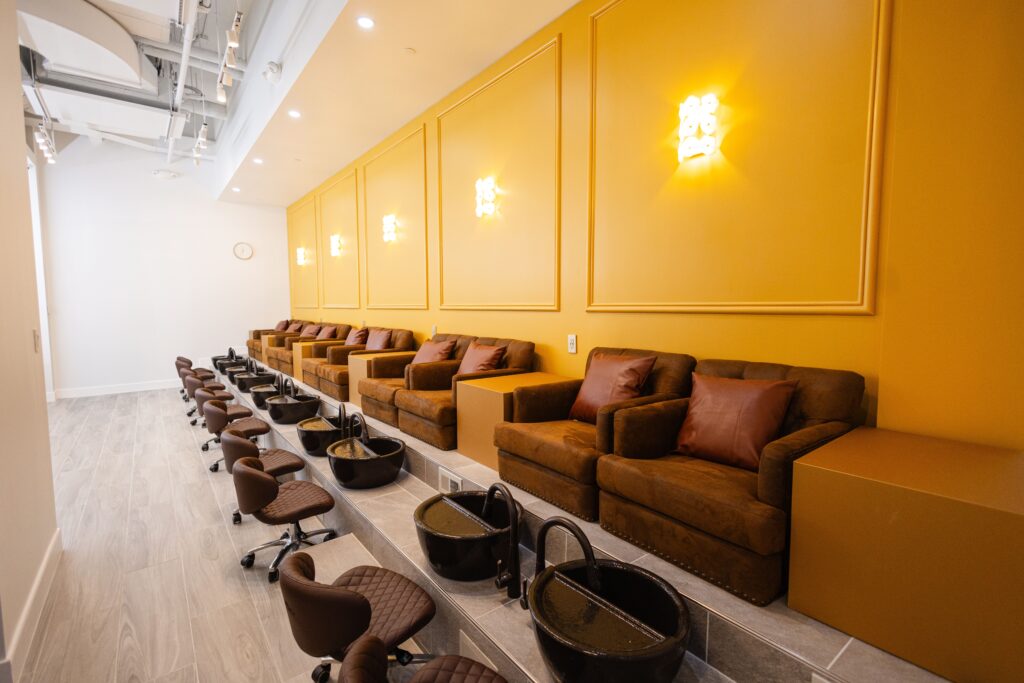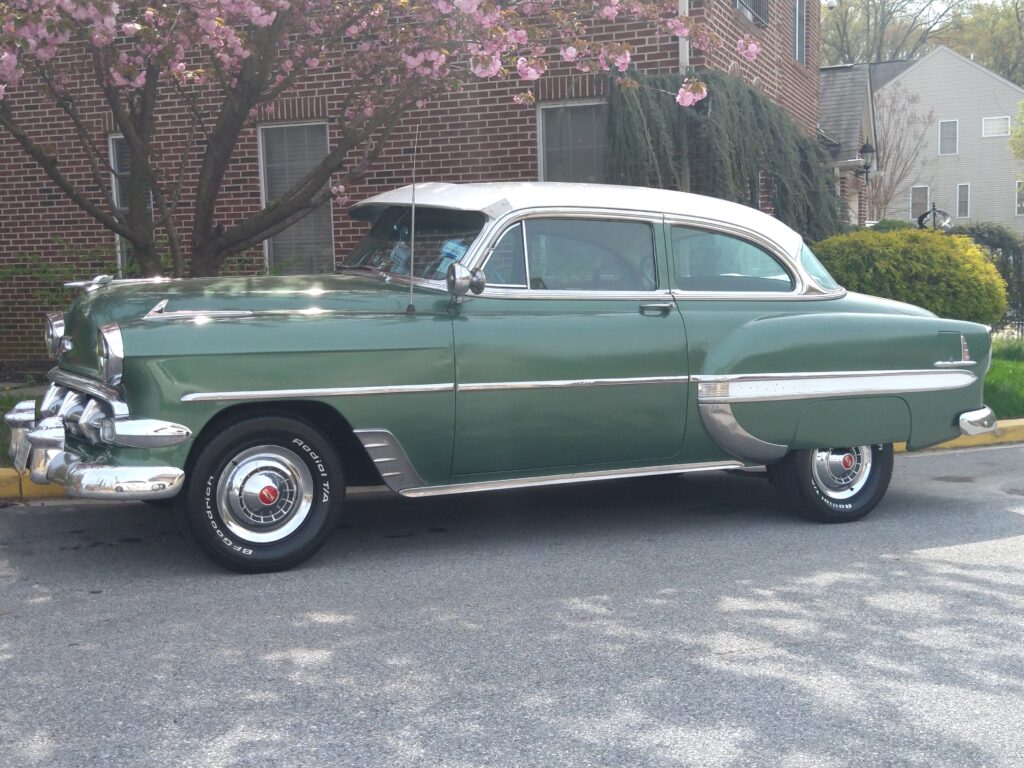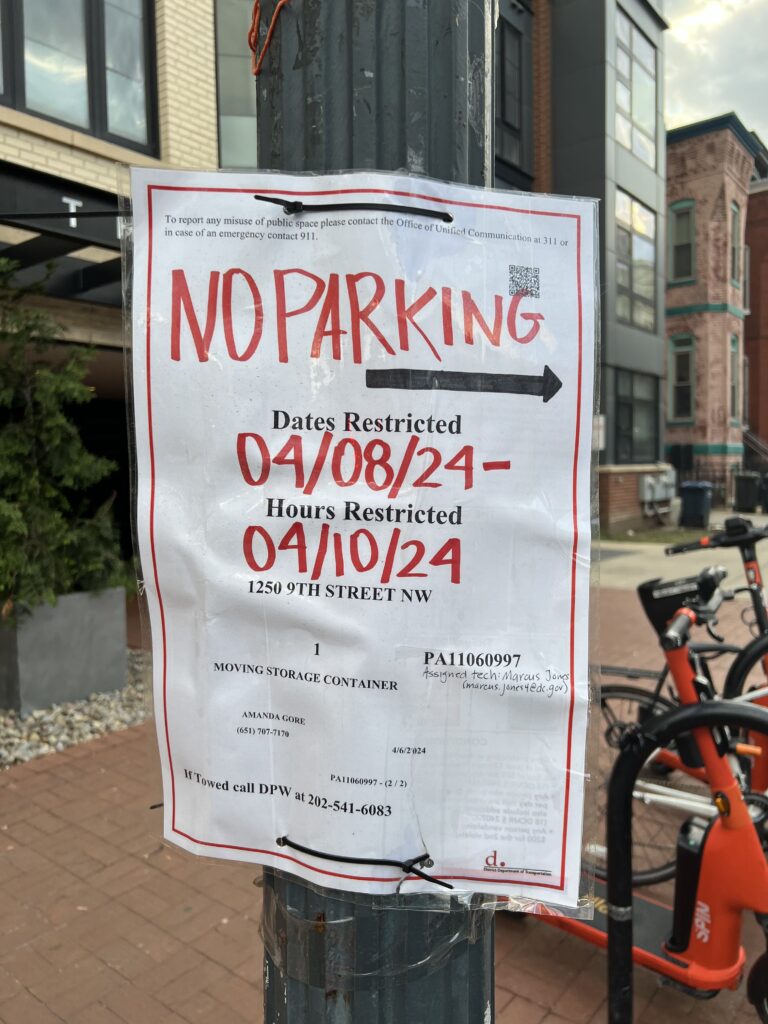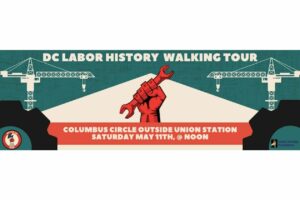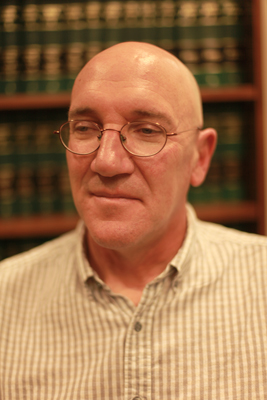
Danny Harris is a DC-based photographer, DJ, and collector of stories. In September, he launched People’s District, a blog that tells a people’s history of DC by sharing the stories and images of its residents. Every day, People’s District presents a different Washingtonian sharing his or her insights on everything from Go Go music to homelessness to fashion to politics. You can read his previous columns here.
“I have spent most of my legal career working on social justice issues. I originally went to law school to do HIV work, and then went on to work for the Whitman Walker Clinic. I eventually became interested in prisoners’ rights, partly because many prisoners had HIV, but also because the more I learned about our prison system, the harder it was to look beyond the very apparent injustices.
“In D.C., we have one of the highest incarceration rates in the country, and many of these prisoners are treated terribly. As a white person, it is hard to overlook the fact that the prison population here is predominately African-American. It has nothing to do with black people being bad and white people being good. It is about who gets caught up in the criminal justice system. Those people are primarily African-American men. At some level, I felt an obligation to get involved. Seven years ago, I became the Executive Director of the D.C. Prisoners Legal Services Project, which is now the D.C. Prisoners’ Project.
“We work on all kinds of issues, from medical care to abuse and assault, from religious issues to parole. Because D.C. is not a state, it creates a lot of added complexities for the prison population here. Currently, D.C. has a jail, but not a prison. Since Lorton Reformatory closed in 2001, we now rely on the Federal Bureau of Prisons to house our prisoners. There was no real reason for Lorton to close. The federal government could have taken it over when D.C. was facing financial trouble. Allegedly, there were all kinds of deals made, and the land is now townhouses. Because of that, D.C. prisoners can be sent to any of the 90-plus prisons around the country, although they try and keep them within 500 miles of D.C. However, it is not uncommon to find D.C. prisoners in California, Colorado, or Texas. For a while, D.C. juveniles were kept in North Dakota. We worked to get that overturned.
Continues after the jump.
“While there are some positive changes, the overall trend with prisoners here is getting worse. In D.C., the police arrest roughly 25,000 people a year. Eighteen thousand of those people go through the jail. Obviously, poorer and African-American communities are disproportionately affected. These areas are so heavily policed that it is hard not to get arrested. My favorite statistic is that D.C. sends more people to prison for violations of the terms of their parole than for felonies. That means that more people go to jail for not actually committing a crime than for committing a crime, which is ridiculous. If we had control over our parole system, that would cut down on thousands of people going to jail. But, there doesn’t seem to be a real interest in addressing these problems.
“Parole is another big issue in the District. When D.C. switched from local to federal control, the U.S. Parole Commission took over control of parole in the District from the D.C. Board of Parole. As a result, hundreds of D.C. prisoners were denied parole because they were now being assessed by different guidelines. When D.C. was in control, a parole board could not take into account your crime, unless it was particularly heinous, when deciding on parole. The parole decision was to be made based on your conduct in jail and your rehabilitation. In the last year, we worked with a number of law firms to release somewhere between 400 and 500 people denied fair access to a parole hearing.
“Hopefully, the more people who visit prisons and understand the horrible conditions in some of these places, the more they will become sympathetic to prisoners’ rights. The people in these prisons are not all monsters. However, many people view them as less than human, which opens the door to do all kinds of terrible things to them. Now, a prisoner can be placed in segregation, which could mean being alone in a sensory deprivation cell with almost no human contact whatsoever for months or years. That is not a humane way to treat people. While they are criminals, that doesn’t mean that we can overlook their basic rights.
“After almost twenty years of working as a lawyer with numerous groups, I can say, oddly enough, that prisoners are the most enjoyable group to work with. They are so grateful for what you do. I do the best that I can for them, but have also learned from my career in public-interest law to set my expectations low and to shield people from the worst of this system. Still, I have seen successes. Every so often, I walk down the street and someone will grab me, shake my hand, and thank me. Sometimes I know the person and sometimes I don’t, but they were someone helped by our program. It is a nice feeling.”
Learn more about the D.C. Prisoners’ Project here.
Recent Stories

We are excited to announce that the 2024 Washington Award application opened today!
The 2024 Washington Award offers four cash prize awards of $15,000 for individual artists working in the field of music, dance, visual arts, and interdisciplinary practice (one award per category). This award, one of the largest grants in D.C. available to individual artists, provides unrestricted cash support to artists at critical moments in their careers to freely develop and pursue their creative ideas.
Since its inception in 2001, the Washington Award has recognized artists in music, dance, interdisciplinary practice, and visual arts. In a renewed commitment to supporting the artistic community of Washington DC, the Washington Award is eligible to DC artists who prioritize social impact in their practice.

Unlike our competitors, Well-Paid Maids doesn’t clean your home with harsh chemicals. Instead, we handpick cleaning products rated “safest” by the Environmental Working Group, the leading rating organization regarding product safety.
The reason is threefold.
First, using safe cleaning products ensures toxic chemicals won’t leak into waterways or harm wildlife if disposed of improperly.
DC Labor History Walking Tour
Come explore DC’s rich labor history with the Metro DC Democratic Socialists of America and the Labor Heritage Foundation. The free DC Labor History Walking Tour tour will visit several landmarks and pay tribute to the past and ongoing struggle
Frank’s Favorites
Come celebrate and bid farewell to Frank Albinder in his final concert as Music Director of the Washington Men’s Camerata featuring a special program of his most cherished pieces for men’s chorus with works by Ron Jeffers, Peter Schickele, Amy


